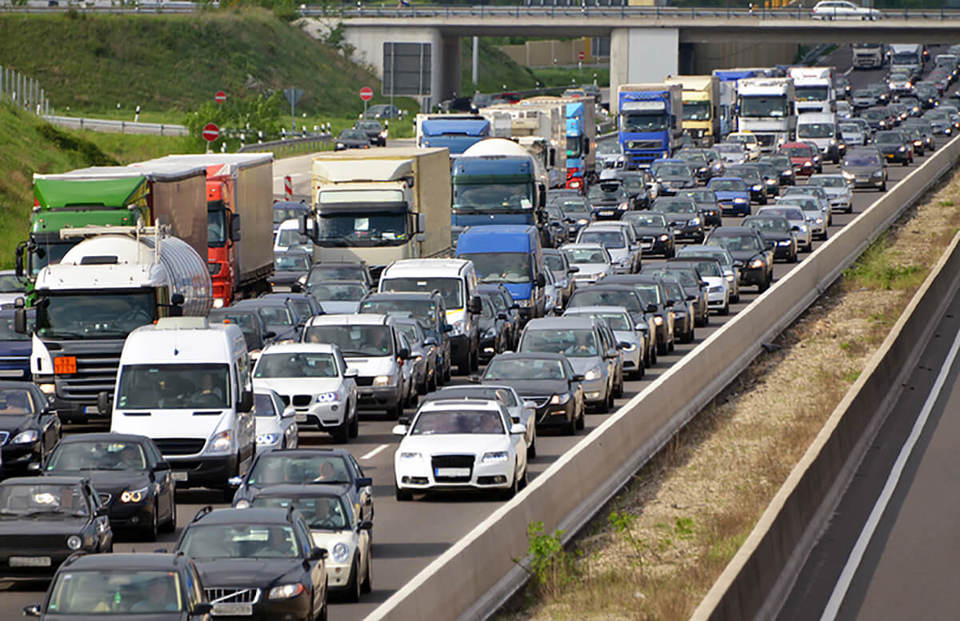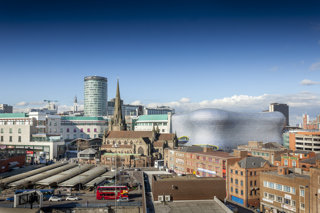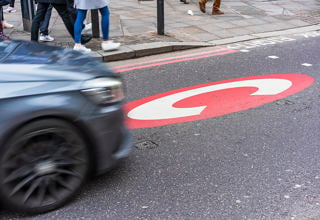Latest statistics have revealed that UK fleets and drivers lost 73 hours this year and £595 to congestion.
Data published by the Inrix Global Traffic Scorecard showed that congestion cost the UK economy £8 billion in 2021, which works out an average of £595 per driver.
The 73 hours lost due to congestion is up from 37 hours in 2020, but down from 115 in 2019.
According to the research, drivers in London, Cambridge, and Bristol lost the most time to traffic congestion (148, 75 and 66 hours respectively), despite seeing reductions compared with 2019 (down 53%, 42% and 64% respectively). Exeter saw the largest increase in congestion with delays increasing by 27% from 2019.
A spokesperson at Inrix said: “The key findings of the Inrix 2021 Global Traffic Scorecard provide a quantifiable benchmark for governments and cities across the world to measure progress to improve urban mobility and track the impact of spending on smart city initiatives.
“Access to reliable data is the first step in tackling congestion. Applying big data to create intelligent transportation systems is key to solving urban mobility problems.
“Inrix data and analytics on mobility, traffic and traffic signals, parking and population movement help city planners and engineers make data-based decisions to prioritise spending to maximise benefits and reduce costs now and into the future.”
Lockdown resulted in a fall in trips leading to a large reduction in 2020 however, this trend has reversed with the easing of restrictions, but has not returned to pre-COVID levels and most cities still saw lower numbers than 2019 levels.
During the first UK lockdown, travel to city centres dropped 75% in April 2020. The lifting of the lockdown on June 1, 2020 led to rebounds in city centre activity.
However, trips to city centres had dropped again in November 2020, as the UK’s second lockdown came into force.
By February 2021, the UK entered its third lockdown - coinciding with new COVID-19 variants being discovered. This resulted in a 52% retraction in trips to city centres among major cities analysed in the Inrix Global Traffic Scorecard.
Throughout the country, delays on the busiest corridors decreased versus 2019. In 2020, the five busiest corridors were all in London – the A503 E/B, the A2 W/B, and A406 North Circular Road E/B (with 42, 39 and 38 hours respectively). Outside of London, the busiest corridors were Belfast’s A644 East, Birmingham’s A435 South and Liverpool’s Queens Drive (with 15, 14 and 14 hours respectively).
See the full findings of the 2021 Inrix Global Traffic Scorecard.























Login to comment
Comments
No comments have been made yet.